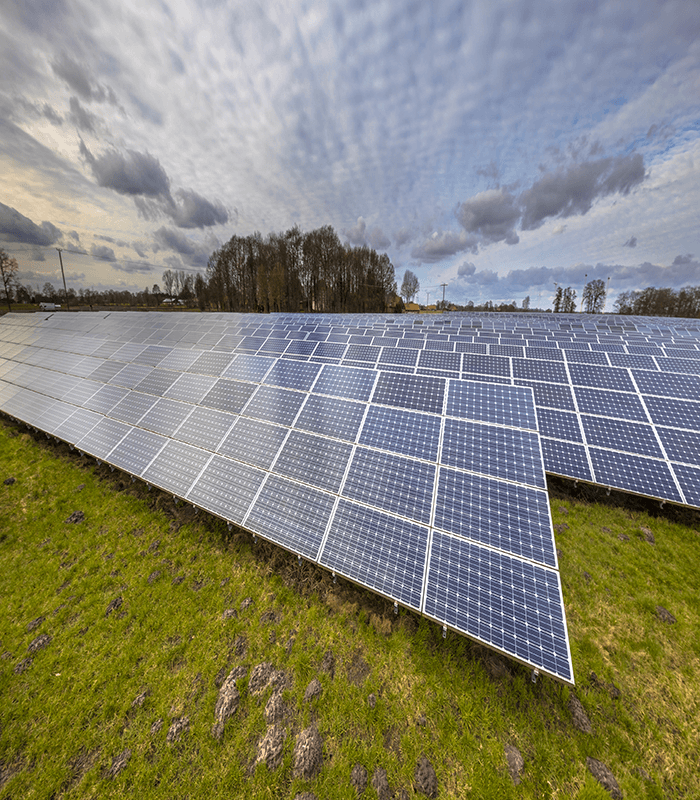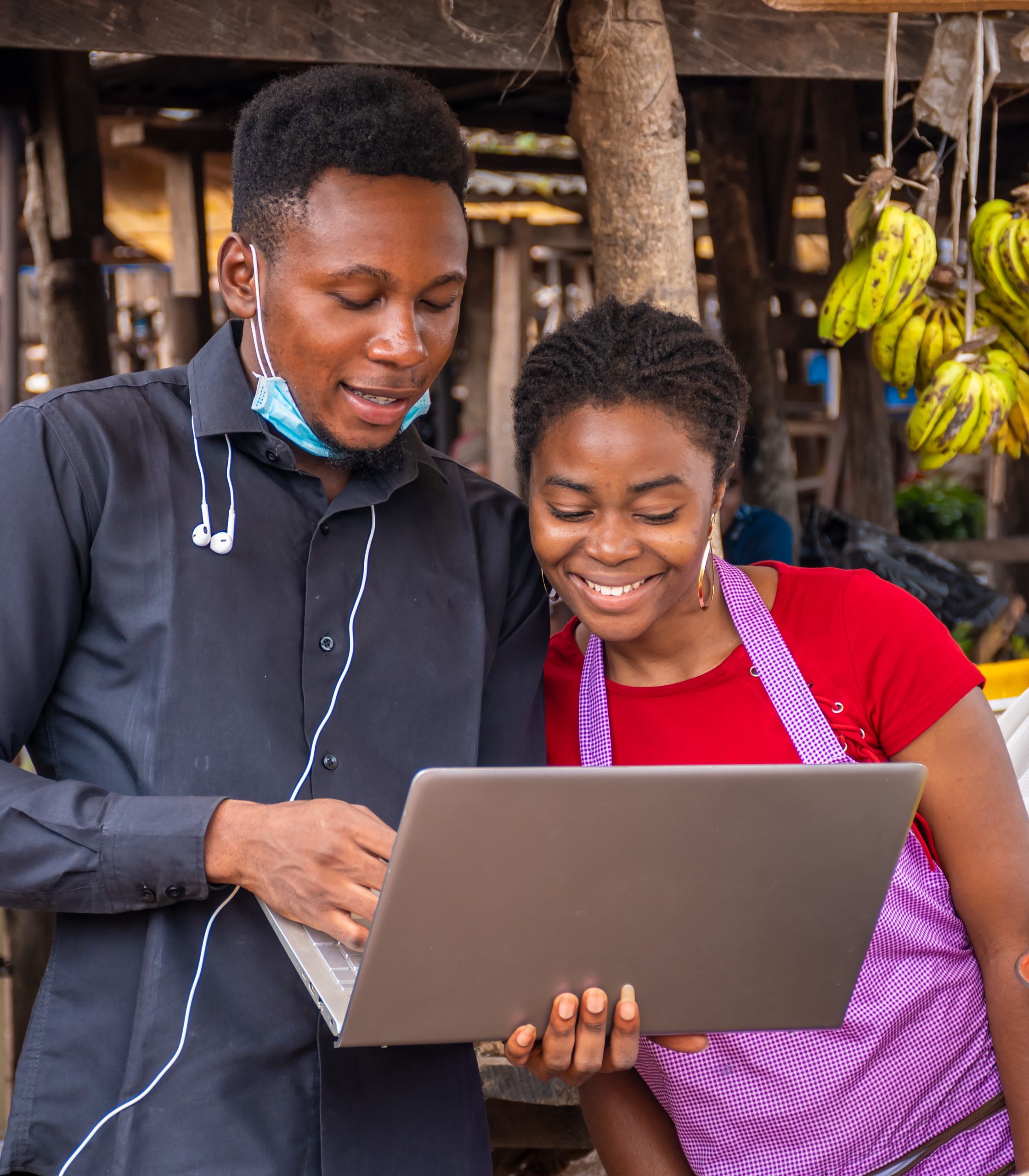ATPS Sector Priority Areas
The ATPS Phase IX Strategic Plan for 2023-2028 has identified four strategic priority areas of focus during the period.
These are; Agriculture, Food and Nutrition, Energy, Climate Change and Environment, and Health.
The following are the sector priority areas of the ATPS

Sector Priority 1
Agriculture, Food and Nutrition

Sector Priority 2
Energy

Sector priority 3
Climate Change and Environment

Sector priority 4
Health

Sector Priority area 5
Digital Economy & ICT

Sector priority area 6
Creative Industries & Entrepreneurship

Sector priority area 7
Education and Technology
Sector Priority 1: Agriculture, Food and Nutrition
ATPS plans to identify and promote appropriate technologies and innovations for improving productivity and resilience, reducing waste and improving value addition along the agricultural value chain from farm to table. This is in line with STISA priorities 1, 4 and 6 and will also aid in achieving SDGs 1, 2, 3 and 12. The focus of attention will include innovations in the fields of farming systems and technologies, biotechnology (i.e. seed and livestock technology/genetics), yield enhancement and loss control (i.e. fertilizers and pest control), as well as social innovations such as farm information management systems and the use of Information and Communication Technologies such as smart mobile telephones and satellite data, Geographical Information Systems (GIS), etc. Already, the ATPS is out-scaling an award-winning LandInfo mobile app technology developed in partnership with partners under the leadership of the USDA-ARS. The app enables farmers to determine the potential of any given piece of soil through the climatic and soil information that the app provides instantly. In the new strategic plan, ATPS hopes to continue its work in out-scaling the LandInfo mobile app across Africa by building the capacity of extension agents and farmers on the use of the technology to support farm decision-making on productivity, land-use management and resilience. Food, nutrition and health outcomes will also form a critical and major focus for the ATPS in the coming years under the current strategy.
Sector Priority 2: Energy
ATPS plans to promote renewable energy access and development on the continent. Lack of access to modern energy services (e.g. electricity and clean cooking facilities) and massive dependence on fossil fuels have hampered sustainable socio-economic development even as the access to modern and reliable energy services is a critical human development priority. These plans are in line with the SDGs 3, 7, 11 and 13. Incidentally, the resource potentials of hydro, solar, wind and geothermal energy resources in Africa present huge supply-side market opportunities for low carbon technology development and technology transfer. Available evidence shows that Africa has significant comparative resource advantage to take a lead in the global renewable energy markets if necessary policy environments and the right incentives are provided. ATPS will champion this course of scaling up energy infrastructure to strengthen energy security and climate resilience on the continent by providing necessary incentive structures, capabilities and enabling policy environment for it to happen.
Sector Priority 3: Climate Change and Environment
ATPS plans to strengthen its longstanding efforts in building climate change resilient capacities at individual, institutional and systemic levels on the continent as expressed in SDGs 11, 12, 13, 14 and 15 and as strategized by the AU in STISA’s priority goal 4. We will continue to promote our Climate Sense Program (CSP) launched in 2008 in partnership with the United Nations Environment Program (UNEP). CSP aims to:
- Make Sense of Climate Science through effective science communication;
- Make Sense of Climate Economics through policy analyses and translation of complex climate economics in ways that promote dialogue at all levels of African society;
- Make Sense of Climate Innovation through investment portfolio analyses and supporting the development of technologies and innovations for climate change adaptation, mitigation and resilience; and
- Make Sense of Climate Change Politics and Policymaking through scenario analyses, training and policies that support the development of sustainable technologies and innovations for adaptation such as the renewable energy carriers and efficient
Sector Priority 4: Health
Under the health sector, ATPS plans to integrate research programs on innovations and policies for sustainable health delivery and health risk prevention, including health technology policy studies, and social innovations for advancing health and wellbeing in communities. SDGs 3 and 6 clearly cover these while SDG 9 emphasizes on the use of technology to make the realization of the targets of this sector. ATPS will pay specific attention to the use of Information and Communication Technologies (ICTs) and social innovations for health delivery, risk prevention and mitigation. Potential projects include Telemedicine, e-medicine using mobile telephone platforms and social networking sites, indigenous approaches to nutrition for health and wellness; mobile health diagnostics systems, etc. We intend to support research and development on emerging diseases on the continent. The organization will advocate for regulatory harmonization of registration of pharmaceuticals and vaccines across regional blocs on the continent to ensure easy access and free trade across borders.
Sector Priority 5: Digital Economy & ICT
ATPS will leverage STI to drive the development of the digital economy sector in Africa by employing a multifaceted approach. Firstly, ATPS can conduct comprehensive research to identify the technological needs and opportunities within the sector, providing evidencebased insights to inform policy formulation and investment decisions.
Through strategic partnerships with governments, industry players, and academic institutions, ATPS can facilitate technology transfer, promote local innovation ecosystems, and foster collaborative initiatives to address key challenges such as digital infrastructure development and digital skills gaps. Additionally, ATPS can play a pivotal role in capacitybuilding efforts, equipping stakeholders with the necessary knowledge and skills to harness emerging technologies effectively. By advocating for enabling policies and regulations, facilitating knowledge exchange, and promoting inclusive innovation, ATPS can contribute significantly to unlocking the transformative potential of STI for driving sustainable growth and socio-economic development in the digital economy sector across Africa.
Sector Priority 6: Creative Industries and Entrepreneurship
The inclusion of Creative Industries and Entrepreneurship as a priority sector within the ATPS strategic plan aligns with the organization’s commitment to fostering innovation and economic growth through Science, Technology, and Innovation (STI). This sector resents a unique opportunity to leverage Africa’s rich cultural heritage, artistic talent, and entrepreneurial spirit to drive sustainable development and inclusive growth. Key to this sector’s strategic focus is its alignment with several Sustainable Development Goals (SDGs), notably SDG 8 (Decent Work and Economic Growth), SDG 9 (Industry, Innovation, and Infrastructure), and SDG 11 (Sustainable Cities and Communities). By promoting creative industries and entrepreneurship, ATPS aims to contribute to job creation, economic diversification, and the promotion of inclusive and sustainable industrialization.
Sector Priority 7: Education and Technology
In line with its core mission of promoting Science, Technology, and Innovation (STI) for sustainable development in Africa, ATPS recognizes the critical importance of investing in Education and Technology as a priority sector. Education and Technology are essential pillars for building human capital, fostering innovation, and driving socio-economic progress across the continent. This sector’s strategic focus is aligned with several Sustainable Development Goals, particularly SDG 4 (Quality Education) and SDG 9 (Industry, Innovation, and Infrastructure). By prioritizing Education and Technology, ATPS aims to contribute to the achievement of universal access to quality education, as well as to foster the development and adoption of innovative technologies that can address Africa’s development challenges.
ATPS Programmatic Strategic Objectives
The ATPS Phase IX Strategic Plan 2023- 2028 has identified five strategic objectives for implementation under its programmatic objectives.
These objectives cut across all the identified thematic priority areas of work.
They are as follows:

Strategic Objective 1
STI policy research, policymaking and advocacy

Strategic Objective 2
Training, sensitization and capacity building

Strategic Objective 3
Youth and gender empowerment

Strategic Objective 4
Knowledge brokerage, management and commercialization

Strategic Objective 5
Intra-Africa and global collaboration and partnerships
Strategic Objective 1: STI Policy Research, Policymaking and Advocacy
Under this strategic objective, we plan to build capabilities, structures, and conditions for the co-production of scientific knowledge, technologies, innovations, and policies across the identified priority sectors for sustainable development in Africa. The concept of co-production of knowledge (transdisciplinarity) is strongly emphasized in the work of the ATPS to ensure proper contextualization and socialization of STI in the society for effective development, deployment, diffusion, commercialization and upscaling of innovations. AU also employs the use of STI in addressing/implementing its priority areas as contained in STISA. We recognize that an STI-led development is a political endeavour and hence will work closely with the political class and policymakers to attract their goodwill towards STI issues on the continent.
Strategic Objective 2: Training, Sensitization and Capacity Building
Under this strategic objective, we plan to enhance the skills and capacities of individuals and organizations in STI policy research, policymaking and policy implementation for sustainable development on the continent. Themes for training and capacity building/strengthening have been identified with the stakeholders comprising of researchers, policymakers, private sectors, civil society and the media. These themes will be continuously reviewed according to evolving needs and demands by the stakeholders. Such themes may include but not limited to STI policymaking/policy formulation processes, STI policy research methodologies, STI indicators and policy instruments, effective research-policy- practice linkages, effective science communication skills, entrepreneurship development, intellectual property issue, business development, green growth concepts and best practices, etc. ATPS has also developed standard manuals for conducting its capacity building trainings for its stakeholders on-demand basis.
Strategic Objective 3: Youth and Gender Empowerment
Under this strategic objective, we plan to nurture and harness the innovative potentials of African youth and women, since they constitute the largest segment of the African population. Investing in African youth and women (SDG 5) will definitely create wealth and ensure socio-political stability on the continent. In recognition of the powerful potentials of youth and women in society, the ATPS has created platforms to empower the youth and women to attain their aspirations and potentials. These platforms include the African Youth Forum for Science and Technology (AYFST) and the African Women Forum for Science and Technology (AWFST).
Strategic Objective 4: Knowledge Brokerage, Management and Commercialization
Under this strategic objective, we plan to broker the adoption, commercialization and sharing of locally developed scientific knowledge, technologies and innovations that could transform African society into an innovation-led, knowledge-based economy. Scientific knowledge will only be useful if it is translated into technologies and innovations useful for addressing societal needs. These are captured in SDGs 9, 10 and 11 as well as in STISA’s priority 3. We will act as independent knowledge brokers to foster effective policies and incentives for technology cooperation between and among institutions and countries for socio-economic development. We will recognize both modern and indigenous technologies and innovations and promote its acceptability, deployment and use.
Strategic Objective 5: Intra-Africa and Global Collaboration and Partnerships
Under this strategic objective, we plan to develop new forms of intra-Africa and global partnerships within and amongst stakeholders interested in achieving the continental STI Agenda (AU’s Agenda 2063) and the SDGs especially SDG 17. We will facilitate the culture of networking and mutual collaborations amongst STI stakeholders in Africa and internationally so as to foster the rapid deployment of technologies and technology transfer systems. We will support the harmonization of policies across regional blocs in Africa so as to foster integration and free trade within the blocs and the entire continent at large. To achieve this objective, we will work closely with like-minded institutions, develop MOUs and PAs that will build trusts and achieve enduring results.

